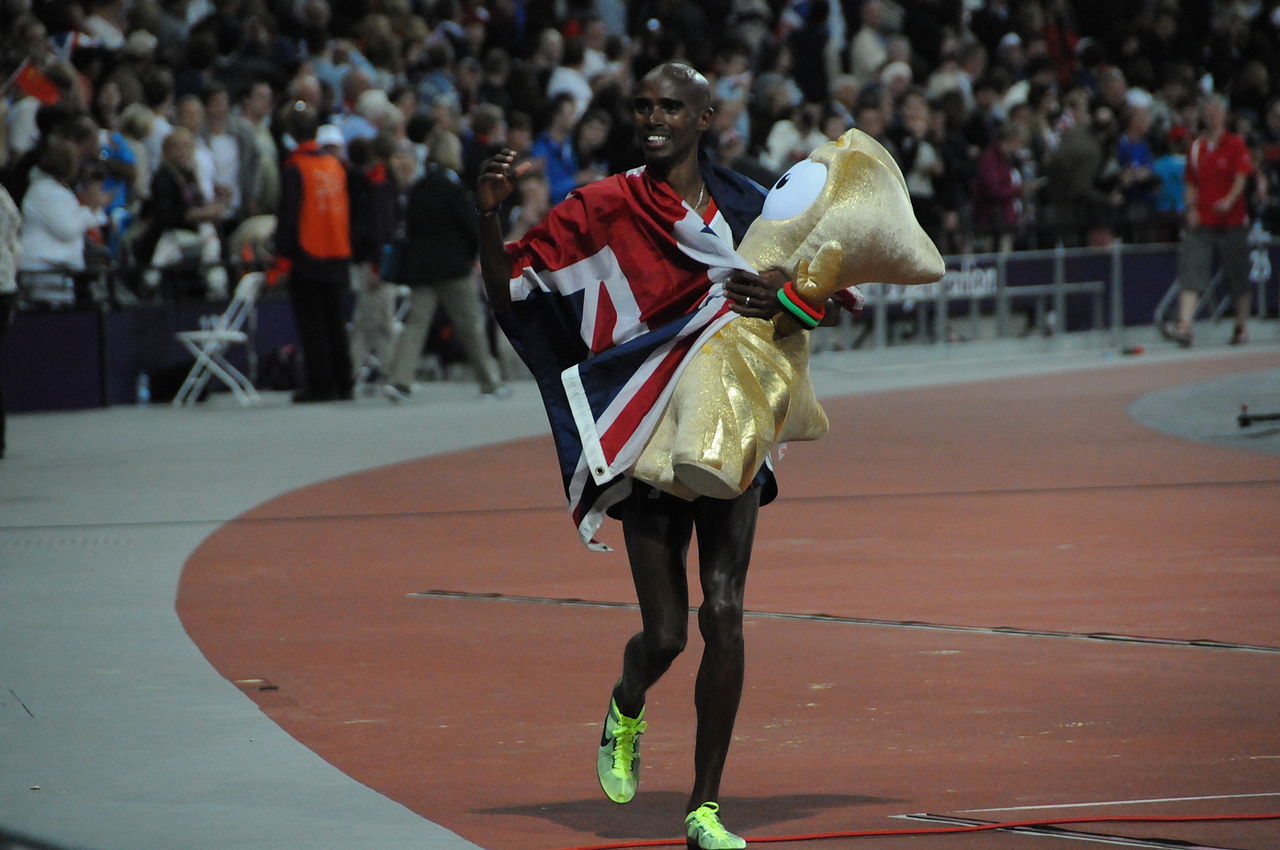Is athletics dying a slow death?
If you were to ask someone to name a current Team GB Track and Field athlete, it’s likely they would struggle for an answer. Pose this question in 2012 and they would have been brimming with names. Over the past 10 years, British athletics has declined from its high following the London Games, to being one of Britain’s lesser-known sports. While the UKA system still produces world-class talents and the BBC broadcast competitions, athletes have questioned why they find themselves competing in empty stadiums and are deemed “too boring” to watch.
It’s a question which has circled in the sport for several months now. After consecutive international championships, where stadiums were left half empty, GB distance runner Eilish McColgan has addressed her concerns in a column for the BBC. In the piece titled ‘Is athletics dying? Or does it just need reviving?’, McColgan discusses whether the format of events and the negative slant some media outlets take towards athletes is killing a sport which so many people love.
I am a runner and I love watching world-class athletes compete. My favourite childhood memories include going to watch the Diamond League meets at the Alexander Stadium. This was prior to London 2012, before Mo Farah, Jessica Ennis-Hill and Greg Rutherford were household names. Tickets were cheap, there were free activities and I met so many athletes. It was an all-round great day out.
After the London Olympics, ticket prices soared, and athletes were kept further away from fans. In the years after the games, stadiums would still sell out but as the class of 2012 started to retire, ticket prices stayed high and crowd numbers dwindled. TV coverage did continue, but with no roaring crowds creating an atmosphere to radiate through the TV, it’s understandable why some lost interest in the events.
For me, that’s where the problem lies. On a global scale, the performances are no less impressive than in London. Team GB now has gaps in its line-up which previously never existed, but if viewers feel distanced and priced out of the sport, they are never going to learn to love racing and get involved themselves.
The majority of the current crowds are those who already have a knowledge of the sport or compete themselves. Younger viewers are missing out on feeling a buzz and drive to become the new Mo Farah or Jessica Ennis-Hill. This shouldn’t be the case. People need an easy way to build relationships with the sport by engaging with the best athletes in the world.
The buzz around a home games could be a springboard to launch campaigns to bring fans back to athletics long term
This could easily be achieved as a wealth of exciting national running events already exist. Unfortunately, they remain largely unknown to those outside the running community. Take the Night of the 10,000km PBs, held annually at Parliament Hill Athletics Track. Seasoned runners know that track racing, as opposed to road, means for a night of fast and technical running.
As Highgate Harriers do every year, add fireworks, entertainers, noise tunnels, free tickets and food to this and you’ve got a knock-out event. There needs to be more of this personability, and enjoyment put back into international athletics events.
McColgan speaks about giving fans a way to invest in the sport, like small, controlled betting. This could be a way to start engaging fans. However, it could tar the sport by encouraging addictive habits and create unnecessary tensions between fans and athletes. Instead, spreading knowledge could be a way to engage a loyal fan base in the long term.
Social media is a powerhouse for educating and creating a buzz around events. In triathlon, the Super League has created accessible races, each with huge social media campaigns in the build-up. Fans can watch documentaries, see training plans, and learn about the skill of triathlon racing for free. Governing bodies and brands have the power to replicate this in athletics. Marketing the sport in a positive and accessible way could be key to getting fans back into stadiums.
After the opening athletics races started at the commonwealth games, I was encouraged to see the Alexander Stadium back at full capacity again. With McColgan, Muir, Hodgkinson and Wightman lining up for the home nations, a host of GB athletes are tipped to win big.
The buzz around a home games could be a springboard to launch campaigns to bring fans back to athletics long term. I’m hopeful this could inspire the next generation of runners and start to fill the gaps in the team GB line-up.
Running is a much-loved sport, and it can, and should, be accessible. Prioritising the fans and a love for running has to be the way forwards going into the next Olympic cycle. Without it, the rise of the Team GB athletics squad could be a distant memory of 2012.

Comments